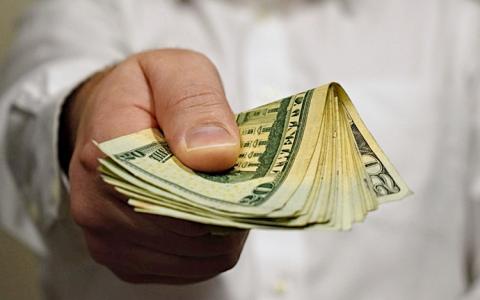
Millionaires from countries around the world are asking their governments to raise taxes on them and other wealthy individuals to help with responses to the coronavirus pandemic.
“Today, we, the undersigned millionaires, ask our governments to raise taxes on people like us. Immediately. Substantially. Permanently,” the millionaires, under the name “Millionaires for Humanity,” said in an open letter published Monday.
The letter is signed by more than 80 individuals, and most of the signatories are from the U.S. Among them is Abigail Disney, the heiress to the Walt Disney Company who has been an outspoken proponent of a federal wealth tax on the richest Americans.
The millionaires said the problems “caused by, and revealed by” the COVID-19 pandemic can’t be solved with charity, “no matter how generous.”
“Government leaders must take the responsibility for raising the funds we need and spending them fairly. We can ensure we adequately fund our health systems, schools, and security through a permanent tax increase on the wealthiest people on the planet, people like us,” they wrote.
“Our interconnectedness has never been more clear. We must rebalance our world before it is too late. There will not be another chance to get this right,” they added. In their letter, the millionaires note that they don’t have to face many of the challenges millions of others are facing across the globe, including worrying about losing jobs or struggling to financially support their families. They also note that most of the people facing some of these struggles are the frontline workers exposing themselves almost daily to the pandemic.
“We are not fighting on the frontlines of this emergency and we are much less likely to be its victims,” they wrote. “So please. Tax us. Tax us. Tax us. It is the right choice. It is the only choice. Humanity is more important than our money.”
The coronavirus has infected more than 12.9 million people and killed 569,679 people globally, according to the latest data compiled by Johns Hopkins University.
This article originally appeared on The Hill.



